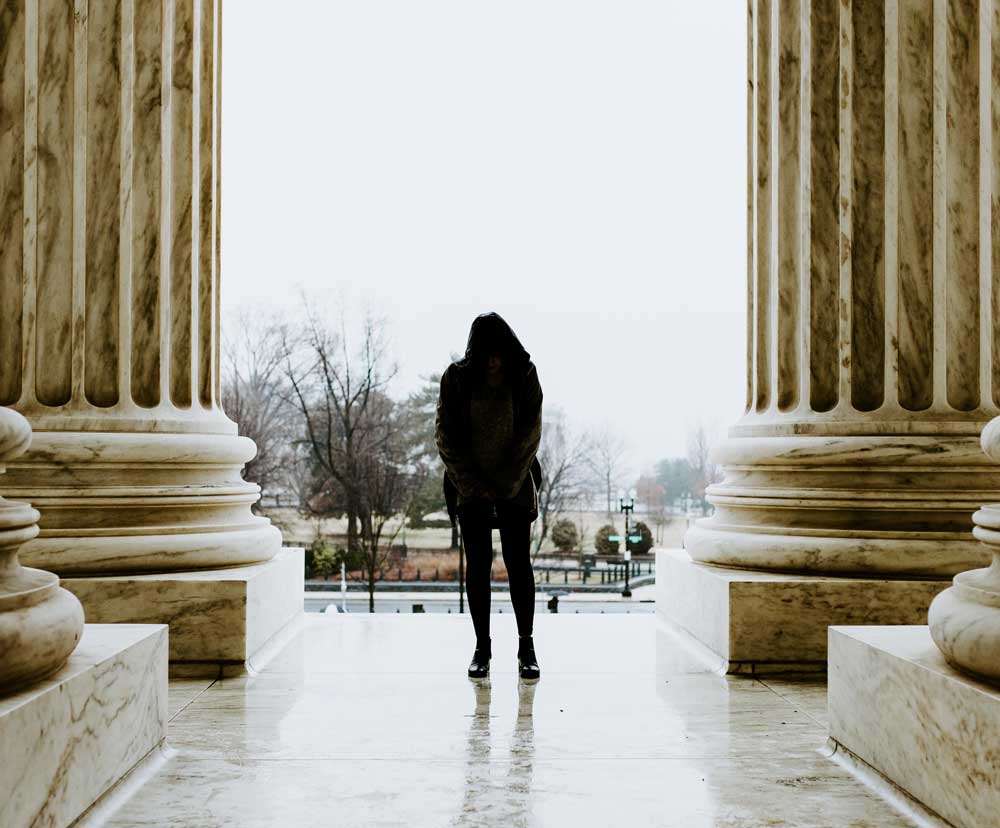
Nearly 14 years after a Lee County girl was catastrophically injured when she was hit by a truck, the U.S. Supreme Court on Monday said Florida’s Medicaid program can recoup a chunk of the money it paid for her initial care.
Justices, in a 7-2 opinion, sided with the Florida Agency for Health Care Administration in a case that drew attention from officials across the country.
The dispute stemmed from a November 2008 accident in which Gianinna Gallardo was struck by a truck after getting off a Lee County school bus. Florida’s Medicaid program paid $862,688 to cover initial medical expenses for Gallardo, who was 13 at the time of the accident and remains in a “persistent vegetative state,” according to the Supreme Court opinion.
Gallardo’s parents filed a lawsuit against the truck’s owner, its driver and the Lee County School Board and reached an $800,000 settlement. The settlement designated $35,367 for “past” medical expenses, with an unspecified amount earmarked for “future” medical expenses, according to the opinion written by Justice Clarence Thomas.
Citing a formula in state law, the Agency for Health Care Administration, which runs most of Florida’s Medicaid program, said it was entitled to recoup $300,000 of the $800,000 settlement. But attorneys for the Gallardo family argued that the state should not be able to recover money earmarked for future medical expenses.
The Supreme Court, however, upheld a decision by the 11th U.S. Circuit Court of Appeals that backed the state.
“Under (a section of federal law), Florida may seek reimbursement from settlement amounts representing ‘payment for medical care,’ past or future,” Thomas wrote in a 16-page opinion joined by Chief Justice John Roberts and Justices Samuel Alito, Elena Kagan, Neil Gorsuch, Brett Kavanaugh and Amy Coney Barrett.
But Justice Sonia Sotomayor, in a dissent joined by Justice Stephen Breyer, wrote that the majority opinion “is inconsistent with the structure of the Medicaid program and will cause needless unfairness and disruption.” Sotomayor also wrote that Medicaid “is not a loan.”
“If a Medicaid beneficiary’s financial circumstances change and a beneficiary gains the ability to pay for his or her own medical expenses, the beneficiary is not obligated to repay the state for past expenses, no matter the magnitude of the change in circumstances,” the dissent said. “Rather, the ordinary consequence is that the individual simply becomes ineligible for benefits moving forward.”
Gallardo has continued to receive Medicaid benefits. Sotomayor wrote that money from the legal settlement was placed in what is known as a “special needs trust,” which can pay expenses not covered by Medicaid.
The U.S. Department of Justice lined up with the Gallardo family at the Supreme Court, while 14 states and groups such as the National Conference of State Legislatures backed the Agency for Health Care Administration.
–Jim Saunders, News Service of Florida





























R. S. says
The Medicaid program should not recover but from the $35,000 that is designated for past medical services; otherwise, it should commit to taking care of the medical needs of the future as well. But the entire mess shows again how stupid our “system” of medical assistance really is. Healthcare is a fundamental human right, not a commodity to bargain over.
Laurel says
The government giveth, and the government taketh away! I can see if the 300K was used for medical expenses, but for Florida to take more than a third back away again, that was already allocated, is illogical. I don’t know, is this stated in the printed Medicaid books handed out to recipients? Makes even less sense than the Federal government taxing us on Social Security. Actually, even if you are of full retirement age, collecting SS, paying monthly into Medicare and working part or full time, the government still takes SS and Medicare out of your paycheck.